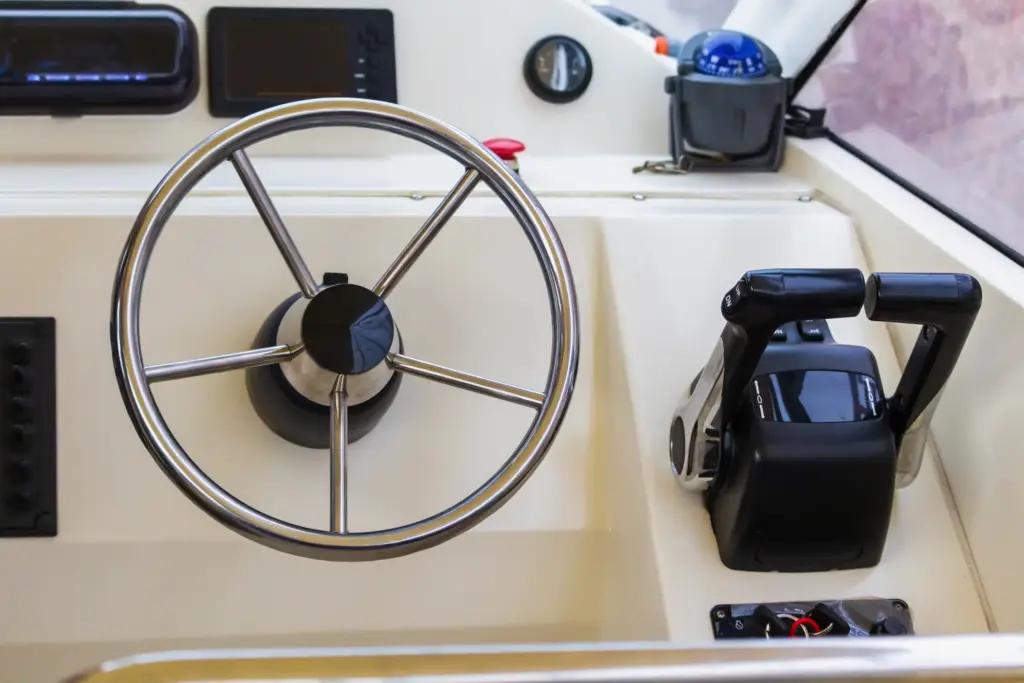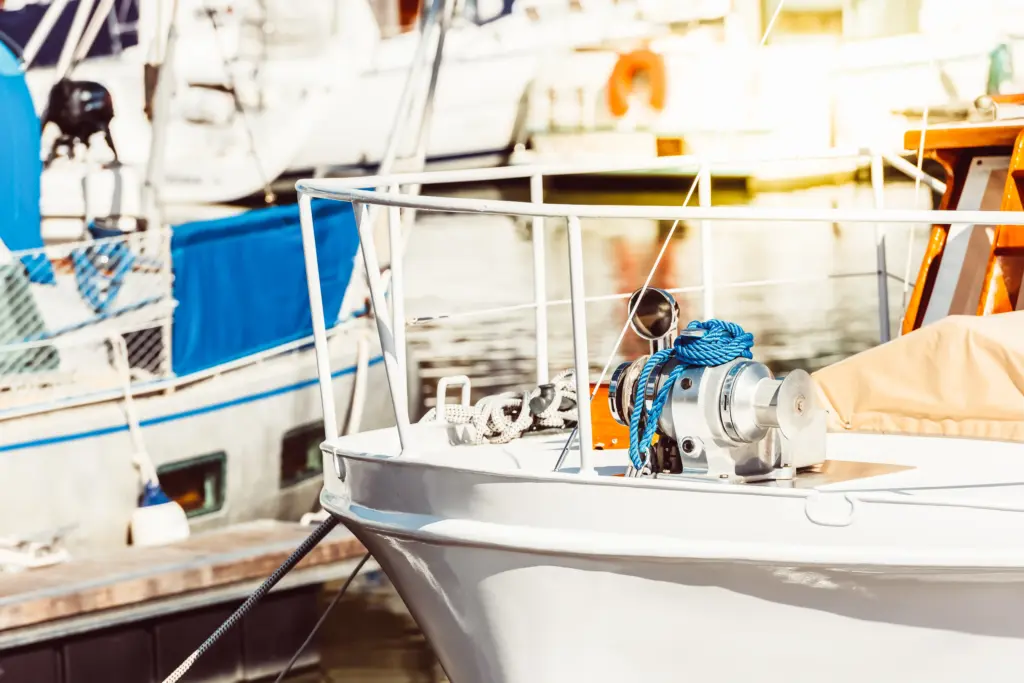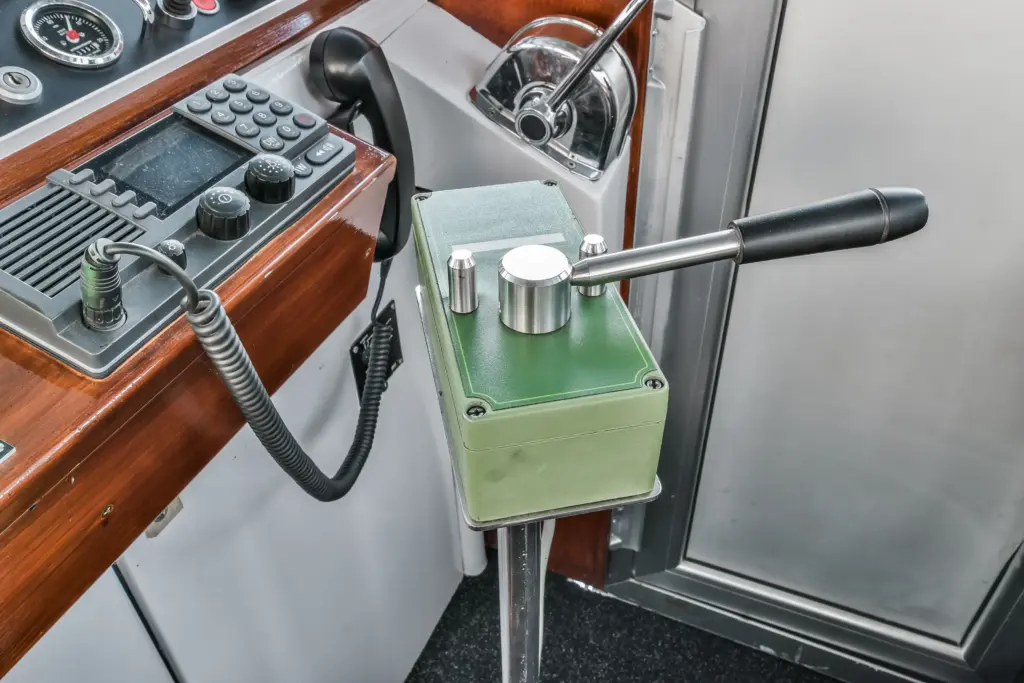Many new boat owners ask the same question when learning to care for their vessels: does boat motor charge battery? Most modern outboard and inboard engines have built-in charging systems that recharge batteries while the motor runs. However, how efficiently the motor charges depends on the engine type, electrical setup, and maintenance habits. Understanding this process helps boaters avoid power problems and protect their investment on the water.

How the Charging Process Works
When asking does boat motor charge battery, it helps to know how the system functions. Most engines use an alternator or stator to convert mechanical energy into electrical power. As the engine turns, the alternator produces current that flows to the battery, restoring its charge. This setup allows the motor to both start the boat and power onboard electronics such as lights, radios, and navigation systems. Properly functioning alternators ensure that batteries remain full during extended trips.
Alternators vs. Stators
Boat charging systems typically use one of two technologies: alternators or stators. Alternators are common on inboard or larger outboard motors. They generate high electrical output and maintain stable voltage using built-in regulators. Stators, found on smaller engines, create current through magnetic coils but provide lower amperage. While both systems allow boat motors to charge batteries, alternators perform better for vessels with multiple electronics or large energy demands. Knowing which your boat has helps determine how to manage power consumption efficiently.
Single and Dual Battery Setups
To better understand does boat motor charge battery, you need to know how batteries are connected. A single-battery setup provides both starting and accessory power. Dual systems, by contrast, separate these functions. Dual setups use isolators or switches to ensure that one battery always has enough power to start the engine while the other powers accessories. Many modern outboards automatically charge both, reducing the risk of ending a day with a dead starting battery.

Charging Output by Engine Type
The amount of electricity produced varies based on engine size and design. Small portable outboards may only produce five to ten amps, just enough to maintain charge. Larger outboards of 150 horsepower or more can deliver between 35 and 70 amps, suitable for powering electronic systems while restoring charge. Inboard engines, with automotive-style alternators, often produce even higher amperage. Understanding your engine’s output rating helps predict how quickly it can restore energy to depleted batteries.
Battery Health and Monitoring
Even when the motor charges the battery, monitoring battery health remains crucial. A fully charged marine battery should read around 12.6 volts at rest and between 13.8 and 14.4 volts while charging. If you see consistently lower readings, your alternator, wiring, or regulator may need attention. The U.S. Coast Guard Boating Safety Division recommends performing regular voltage checks and keeping connections clean to prevent corrosion that could reduce charging efficiency.
Idling and Charging Efficiency
While the answer to does boat motor charge battery is yes, charging effectiveness depends on engine speed. At idle, output is limited because the alternator spins slower. Maximum output typically occurs at cruising RPMs. If you spend long hours trolling or idling, consider adding a solar charger or shore power connection to keep batteries topped off. Consistent charging at proper voltage levels ensures better performance and longer battery life.

Powering Accessories and Load Management
Accessories like GPS units, fish finders, and live wells can drain power faster than the motor replenishes it. When this happens, even a running engine may struggle to keep voltage stable. The National Marine Manufacturers Association (NMMA) suggests balancing accessory use with engine charging time or upgrading alternator output to match electrical demand. Managing power efficiently keeps both the motor and battery healthy.
Signs of Charging System Problems
If the answer to does boat motor charge battery ever seems uncertain, look for signs of trouble. Dimming lights, slow cranking, or warning alarms indicate insufficient charging. Check for loose belts, worn pulleys, or corroded wiring. Early detection prevents costly repairs and protects your onboard electronics. Regular inspection and preventive maintenance reduce downtime and ensure your system remains dependable season after season.
Alternative Charging Sources
While your motor is the primary charging source, secondary systems can provide extra support. Solar panels, wind chargers, and shore power hookups are all effective options for maintaining voltage when the boat is docked. The National Oceanic and Atmospheric Administration (NOAA) provides weather and solar data that help boaters plan when to use renewable energy sources most efficiently. Combining these systems reduces reliance on engine charging alone.

Maintenance and Safety Practices
To keep your charging system reliable, follow manufacturer maintenance schedules. Clean terminals, replace worn belts, and inspect connections regularly. Corrosion is one of the most common causes of charging failure. Using dielectric grease and protective sprays prevents moisture damage. These small efforts go a long way toward keeping your engine’s electrical system healthy and your batteries fully charged throughout the season.
Upgrading Electrical Components
Boaters who run high-powered electronics or lighting systems often benefit from upgrading alternators or installing multiple batteries. Financing these improvements is easier through boat loan pre-approval programs that help cover upgrade costs within purchase or refinance packages. Investing in reliable electrical equipment improves safety and ensures every outing runs smoothly, whether cruising, fishing, or exploring.
Financial Planning for Long-Term Maintenance
Electrical systems are long-term investments. Replacing a marine alternator or battery bank can cost hundreds or even thousands of dollars. Smart owners plan ahead through boat refinancing, using structured payment options to upgrade without large upfront expenses. Combining financial planning with technical understanding helps boaters maintain efficient and reliable systems for years to come.

Conclusion
So, does boat motor charge battery? Absolutely. Most modern engines are designed to keep batteries charged while operating, but performance depends on proper use and maintenance. By understanding your charging system, monitoring voltage, and balancing electrical loads, you can ensure dependable power on every trip. With expert financial tools and guidance from Float Finance, upgrading or maintaining your boat’s electrical system becomes an easy, stress-free part of responsible ownership.
